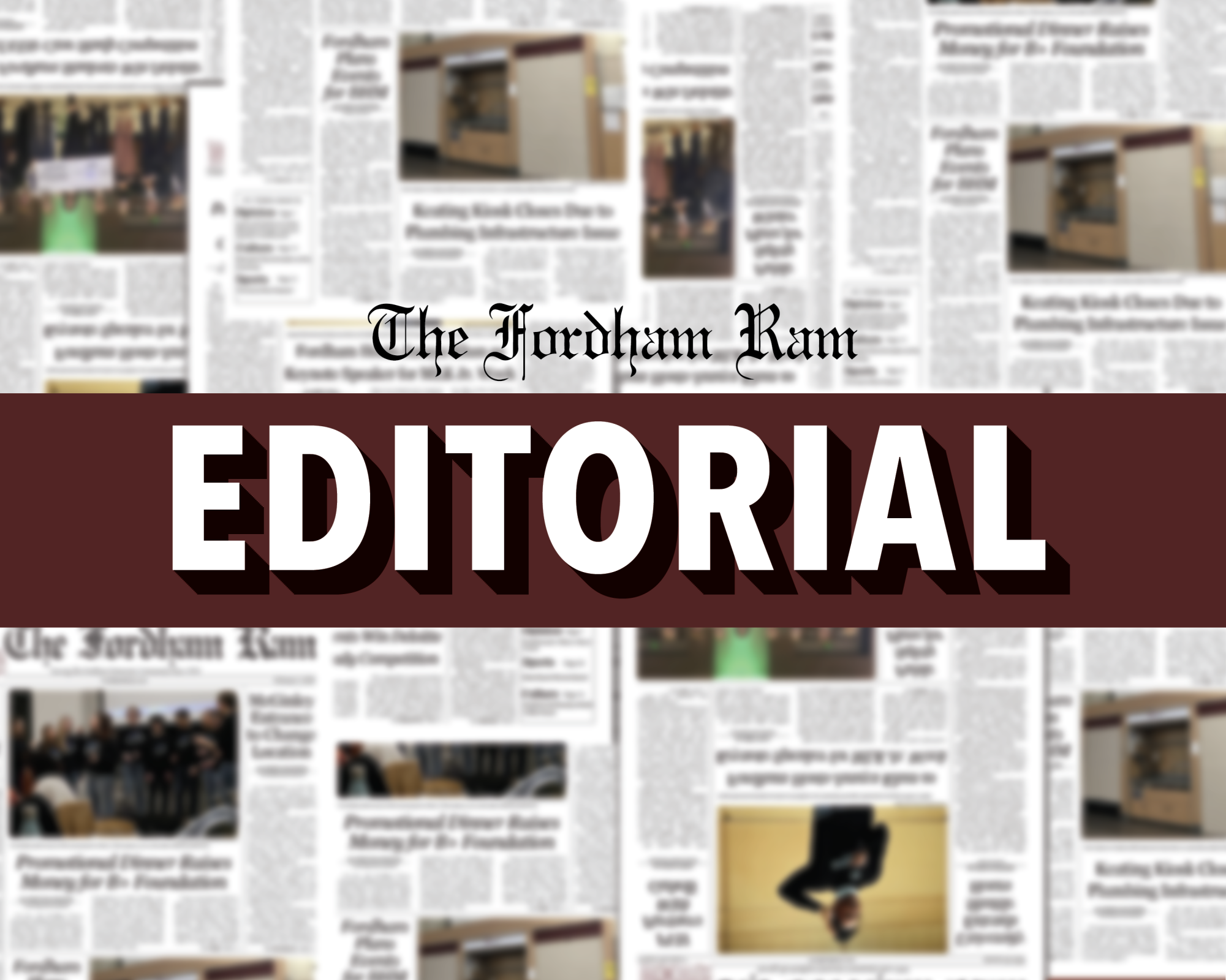Originally by Toyese Oyeyemi, MPH, MCHES, Maria Portela, MD, MPH, and Ed Salsberg, MPA at www.medpagetoday.com
Oyeyemi, Portela, and Salsberg are health workforce researchers.
Prepared by a think tank with ties to former President Donald Trump, Project 2025 has been in the news lately as Trump, the Republican presidential nominee, has attempted to distance himself from the report. Despite Trump’s efforts to separate himself from this ambitious conservative agenda for the next president, Project 2025 appears to be the clearest articulation of the plans for a possible future right-wing administration and Congress. While the agenda is broad, it would have significant ramifications for the health workforce and for health professions education.
The ominous agenda has become more familiar to the public, with about a quarter of American adults polled stating they are aware of the policy package. As awareness of its policies have grown in recent months, concern and opposition have risen dramatically. Yet, there has been limited discussion of the potentially disastrous impact it could have on the health of the American public and its healthcare workforce if the recommendations were implemented.
It is our belief that Project 2025 is only part of a broader national trend towards eliminating policies and programs that increase equity in health and medical training program admissions, retention, and graduate outcomes.
An Impediment to Health Professional Training
One can reasonably predict some effects that the U.S. would likely see as a result of Project 2025 being adopted in part or parcel. The plan outlines strict limits on the independence of accreditation agencies, stating that, “accreditors have forced colleges and universities…to adopt diversity, equity and inclusion policies [DEI] that conflict with federal civil rights laws, state laws, and the institutional mission and culture of the schools,” and that accreditors should subsequently be prohibited from imposing “non-educational requirements and ideological preferences” on educational institutions. However, all accreditation agencies have done is rightly recognize that health workforce diversity improves healthcare access and patient outcomes. Conservative attempts to couple health equity and DEI as political statements mean that common-sense attempts to address wholly preventable health outcomes may be at risk.
There are concerns beyond the direct impact of Project 2025’s policies on the schools that train our health workforce; it would also significantly limit how providers train once they are in the field and how those providers are accessed by patients and communities. For instance, the plan requires that the Accreditation Council for Graduate Medical Education (ACGME) make comprehensive reproductive health training optional (opt-in rather than opt-out) for doctors. With growing gaps in reproductive care access, an incoming administration should find ways to expand access to care, not intentionally limit it.
The proposed elimination of the Department of Education would weaken coordination between the federal government, accreditors, and graduate and professional programs including dental, medical, and public health schools. Opportunities for prospective health profession students could be compromised by such federal changes, minimizing resources for community colleges and other educational pathways for trainees to learn, grow, and practice in their own communities. Proposed changes to accreditation standards could further dilute the autonomy that healthcare workers have to set professional and ethical standards over their own work — which, of all people, they understand the best.
Even financial aid — which by definition bridges an access barrier for students from rural and underserved communities — would be under significant threat through the elimination of the Public Service Loan Forgiveness program, limiting income thresholds for income-driven student loan repayment plans, eliminating interest rate subsidies on student loans, and transferring significant portions of the federal student loan program to the private sector. It even goes so far as to recommend the complete elimination of the Grad PLUS loan program, which imposes a significantly lower financial burden compared to other graduate student loans.
Project 2025 also calls for unprecedented elimination of policies intended to improve access of prospective students of color to advanced health professions, such as prohibiting mandates to adopt DEI policies. The core of this elimination is being touted as “colorblindness” that clearly neglects our nation’s not-so-distant history of excluding specific groups of Americans based solely on race. Compelling health profession schools to explicitly disregard social identity and its tangible implications for access ignores a legacy that Americans should be eager to distance themselves from, not further justify.
A Disservice to Public Health
An effective American health workforce does not appear to be a priority of this agenda. Even if one were to interpret the plan’s lack of explicit focus on the health workforce as a neutral stance — a dubious interpretation given the ideological framing of the agenda — any policy platform that fails to affirm its commitment to providing the public with an accessible and accountable health workforce is at the very least missing the mark of responding to public health needs.
Moreover, this plan comes at a time when the state and judicial policy environment has become increasingly hostile towards the health workforce and health professions education. Placed in the context of the recent Supreme Court decision overturning affirmative action in higher education, coupled with state anti-DEI legislation, the Project 2025 agenda poses a real threat to the policies and practices essential to a workforce that serves and represents under-resourced communities, including those in rural areas, as well as broader primary care and public health deserts.
At a time when colleges and universities are shuttering the doors of offices tasked with redressing historically harmful missteps to equity in our education system, we should be thinking about ways to undo the lingering effects of harmful policies. Among these missteps with lingering impacts is the Flexner Report, which led to the closing of five out of only seven historically Black medical schools and has limited education and health access for a century. At a pivotal moment for equity, Project 2025 is doubling down on eradicating the progress that has been made to correct for harmful past policies.
The health of the American public is our first line of national defense, and it would be a demonstrable challenge to thrive as a nation without a diverse, well-trained, and well-distributed health workforce. Gutting the resources and strategies needed to uphold this national responsibility would not only be counter to a socially accountable government, but would also create a massive vulnerability to public health threats.
Our health workforce and training pathways are certainly overdue for transformation. However, they should be transformed thoughtfully and with the intention of closing gaps, not closing doors. When access to providers and health resources are improved, our communities change positively. When access to educational opportunities are promoted, social outcomes are equalized. This outcome benefits all Americans by reflecting health justice and the ideals of our national responsibilities to the public. Everyone is better off.
Avoiding setbacks to public health requires progressive and innovative policies tethered to public good, not personal or political ideology.
Toyese Oyeyemi, MPH, MCHES, is executive director of the Social Mission Alliance. Maria Portela, MD, MPH, is chief of Family Medicine in the Department of Emergency Medicine at GW Medical Faculty Associates, and medical director at George Washington Immediate Primary Care Clinics. Ed Salsberg, MPA, is the lead research scientist at the Social Mission Alliance and Fitzhugh Mullan Institute for Health Workforce Equity.
Read the Original Story





